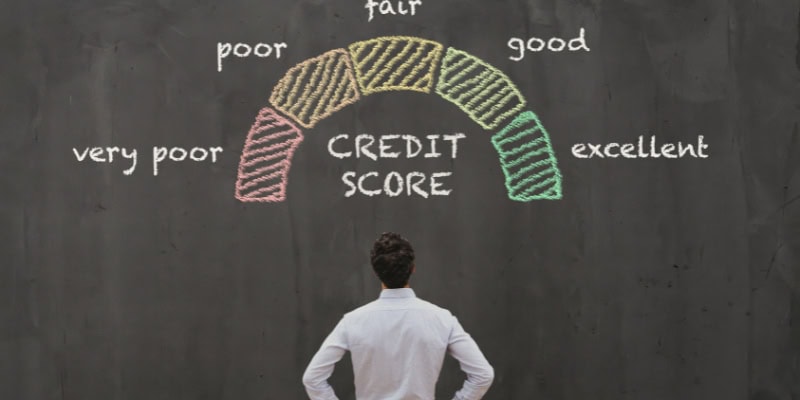1. Making Late Payments
Impact: Late payments can significantly harm your credit score. Payment history is a key factor in credit scoring models, and even one late payment can lower your score.
Avoidance Strategy: Set up payment reminders or automatic payments to ensure bills are paid on time. Establish a budget that prioritizes debt payments, and consider setting up alerts through your bank or credit card issuer to stay on track.
2. Maxing Out Credit Cards
Impact: High credit utilization—using a large percentage of your available credit limit—can negatively affect your credit score. It suggests higher financial risk to lenders.
Avoidance Strategy: Keep credit card balances below 30% of your credit limit. Pay down balances regularly and consider spreading out purchases across multiple cards to lower individual balances.
3. Closing Old Credit Accounts
Impact: Closing old credit accounts reduces your available credit limit, increasing your credit utilization ratio and potentially lowering your credit score. It also shortens your average credit history.
Avoidance Strategy: Keep old accounts open, especially if they have a positive payment history. Use them occasionally for small purchases and pay off the balance to keep the account active and in good standing.
4. Applying for Too Many Credit Accounts
Impact: Each credit application results in a hard inquiry on your credit report, which can temporarily lower your credit score. Multiple inquiries within a short period may signal financial distress to lenders.
Avoidance Strategy: Apply for credit only when necessary and limit applications to those you genuinely need. Research and compare credit offers beforehand to minimize the number of inquiries.
5. Ignoring Errors on Your Credit Report
Impact: Inaccuracies or errors on your credit report can negatively impact your credit score. Common mistakes include incorrect personal information, fraudulent accounts, or payment statuses.
Avoidance Strategy: Review your credit report from all three major credit bureaus—Equifax, Experian, and TransUnion. Dispute any inaccuracies promptly by contacting the credit bureau and providing supporting documentation.
6. Neglecting to Build a Credit History
Impact: Having no credit history or a limited credit history can make qualifying for loans or credit cards difficult. Lenders may view applicants with thin credit files as higher risk.
Avoidance Strategy: Start building credit early by opening a credit card or taking out a small loan. Make regular, on-time payments and keep credit card balances low. Over time, responsible credit use will establish a positive credit history.
7. Not Monitoring Your Credit Regularly
Impact: Monitoring your credit regularly can result in missed opportunities to catch promptly and correct errors or fraudulent activity. It may also delay awareness of changes in your credit score.
Avoidance Strategy: Use free credit monitoring services or subscribe to a credit monitoring service to receive alerts about changes to your credit report. Review your credit report at least annually and before major financial decisions.
Conclusion
Avoiding common credit mistakes requires diligence and awareness of how financial decisions impact your creditworthiness. By paying bills on time, maintaining low credit card balances, keeping old accounts open, limiting credit applications, disputing errors promptly, building a credit history, and monitoring your credit regularly, you can protect and improve your credit score. Cultivating responsible credit habits ensures you maintain a solid credit profile and have access to favorable lending terms when needed.






